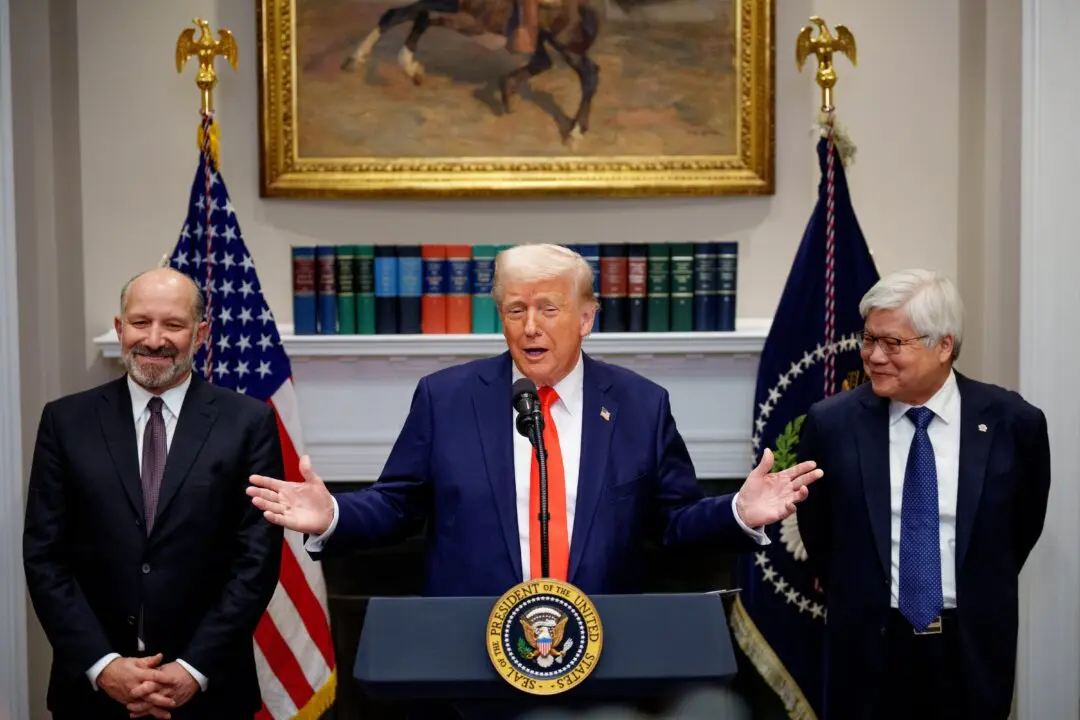Commentary
U.S. companies that specialize in artificial intelligence (AI) are engaged in “secret diplomacy” with China’s “AI experts,” according to multiple sources cited by the Financial Times on Jan. 11. According to the Times, there is a “shared concern about how the powerful technology may spread misinformation and threaten social cohesion.”





